Free Zen Garden Image Generator
Just imagine, and we'll instantly return a variety of personalized Zen Garden images—designed to bring your creativity to life!
- 4:3
- 3:4
- 1:1

image.state.default

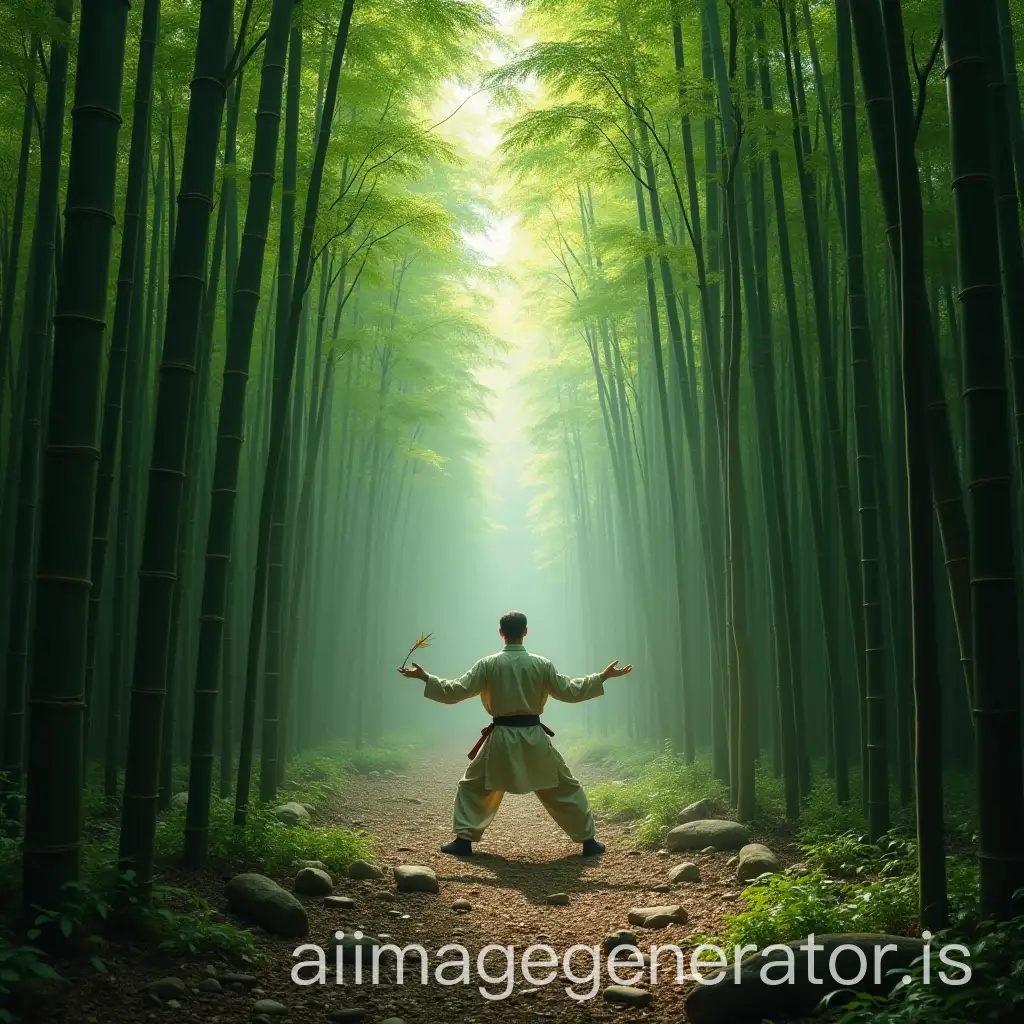
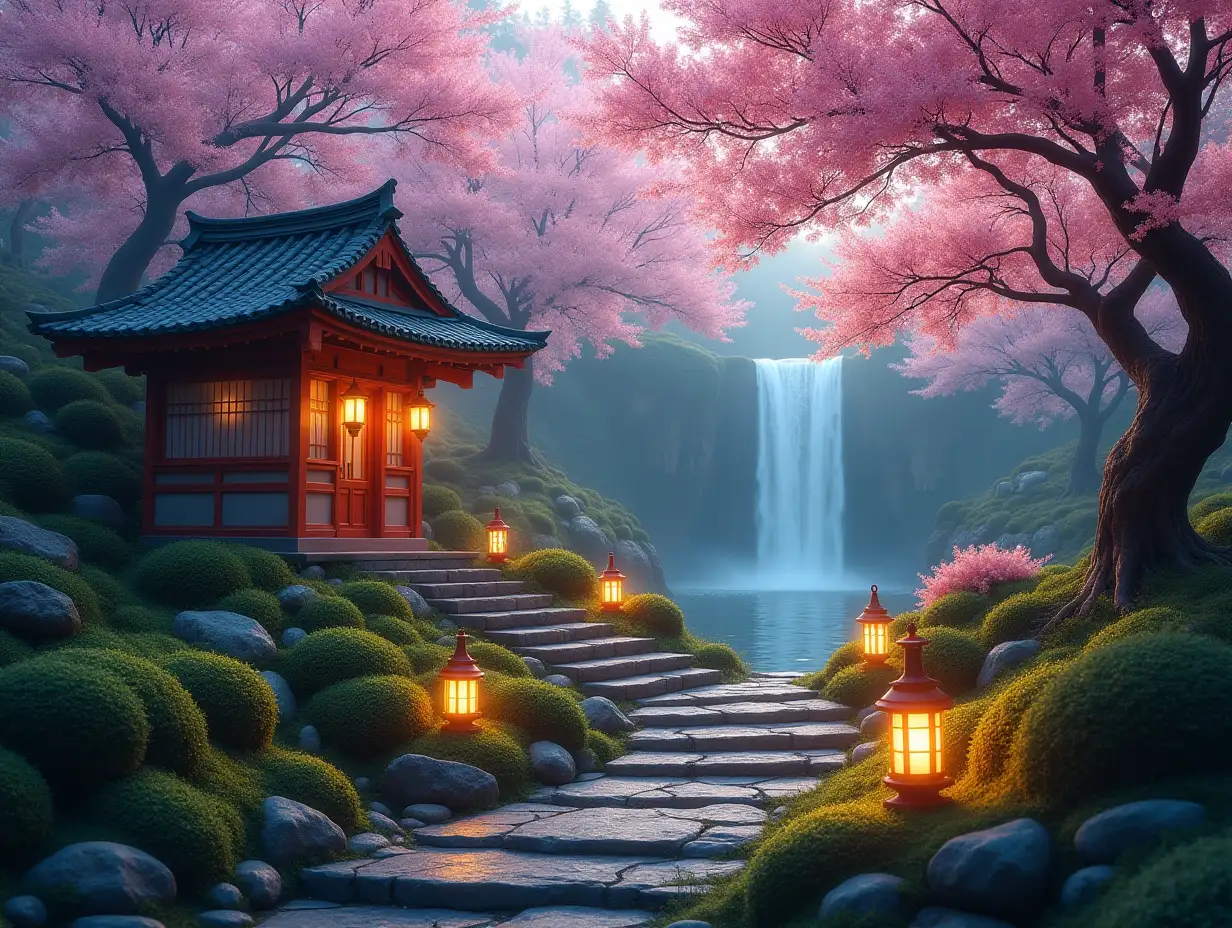
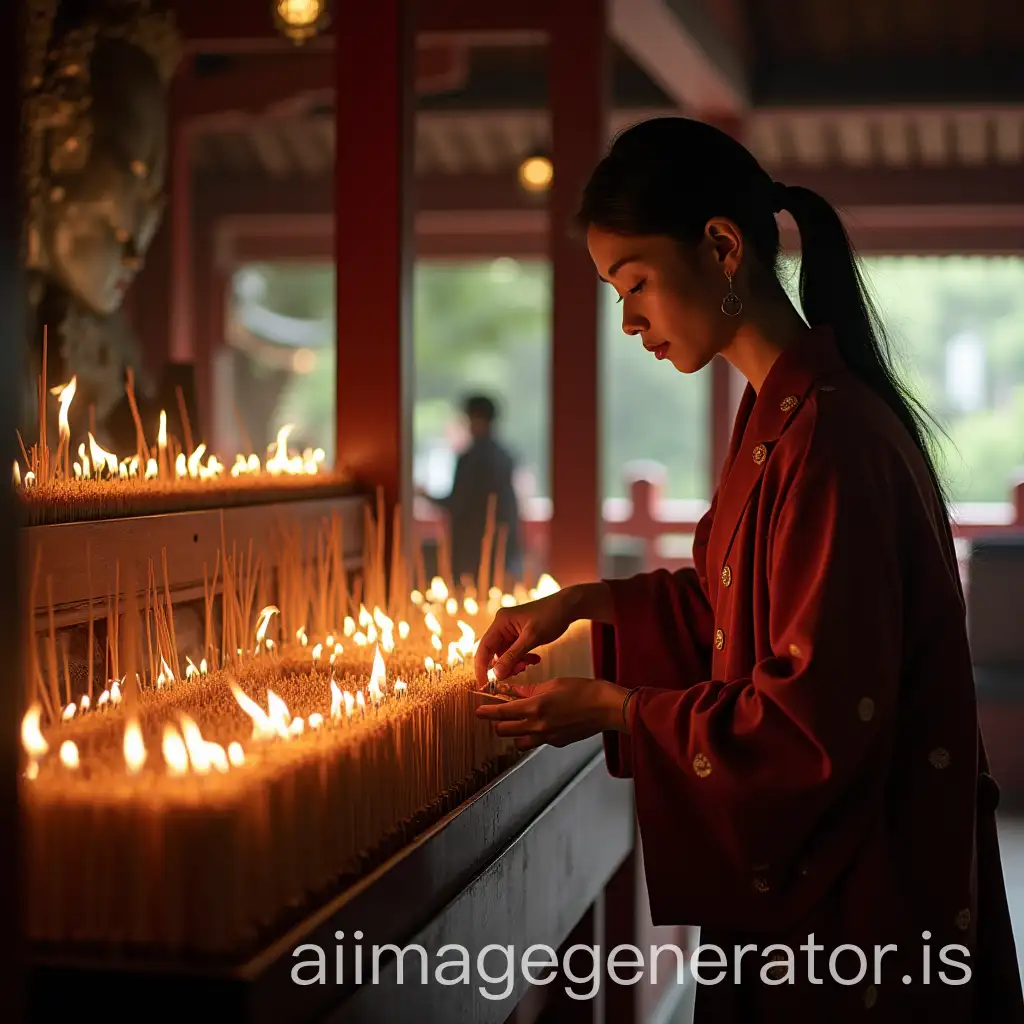
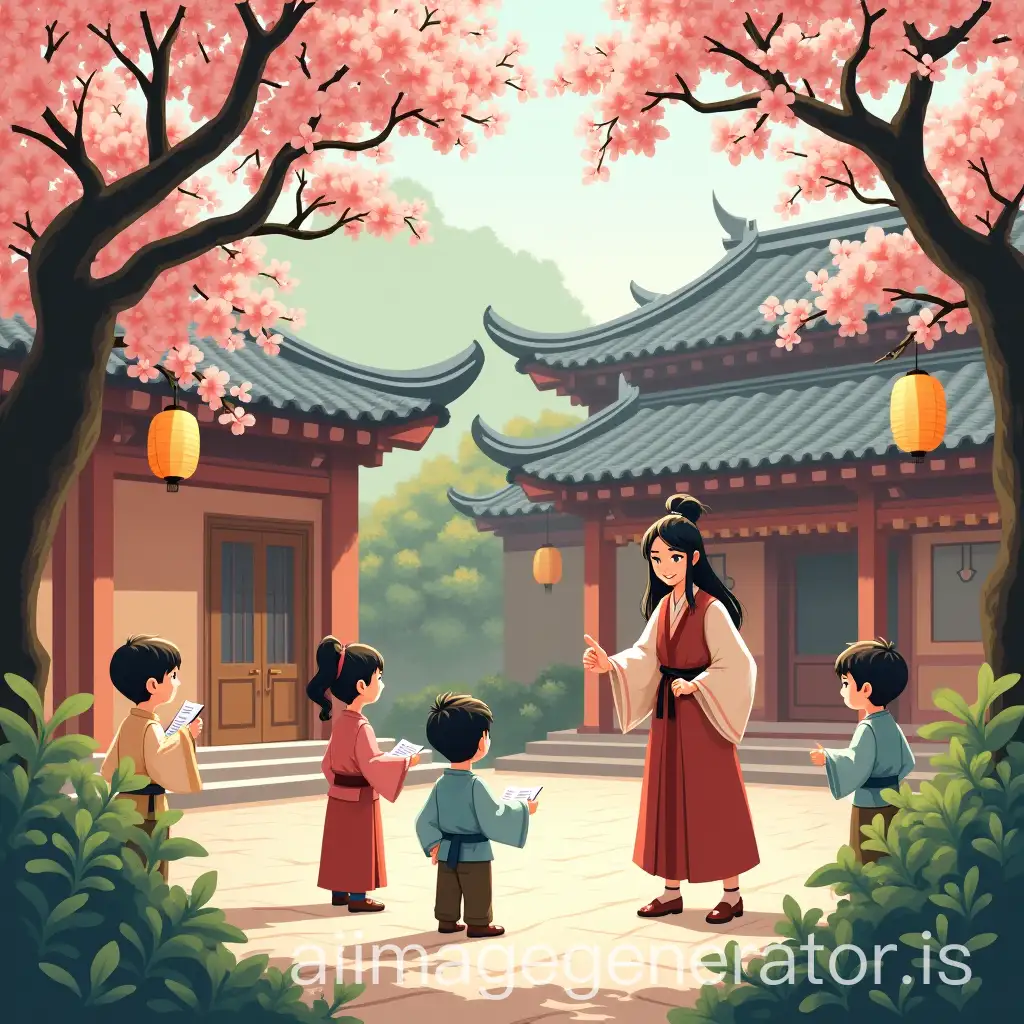
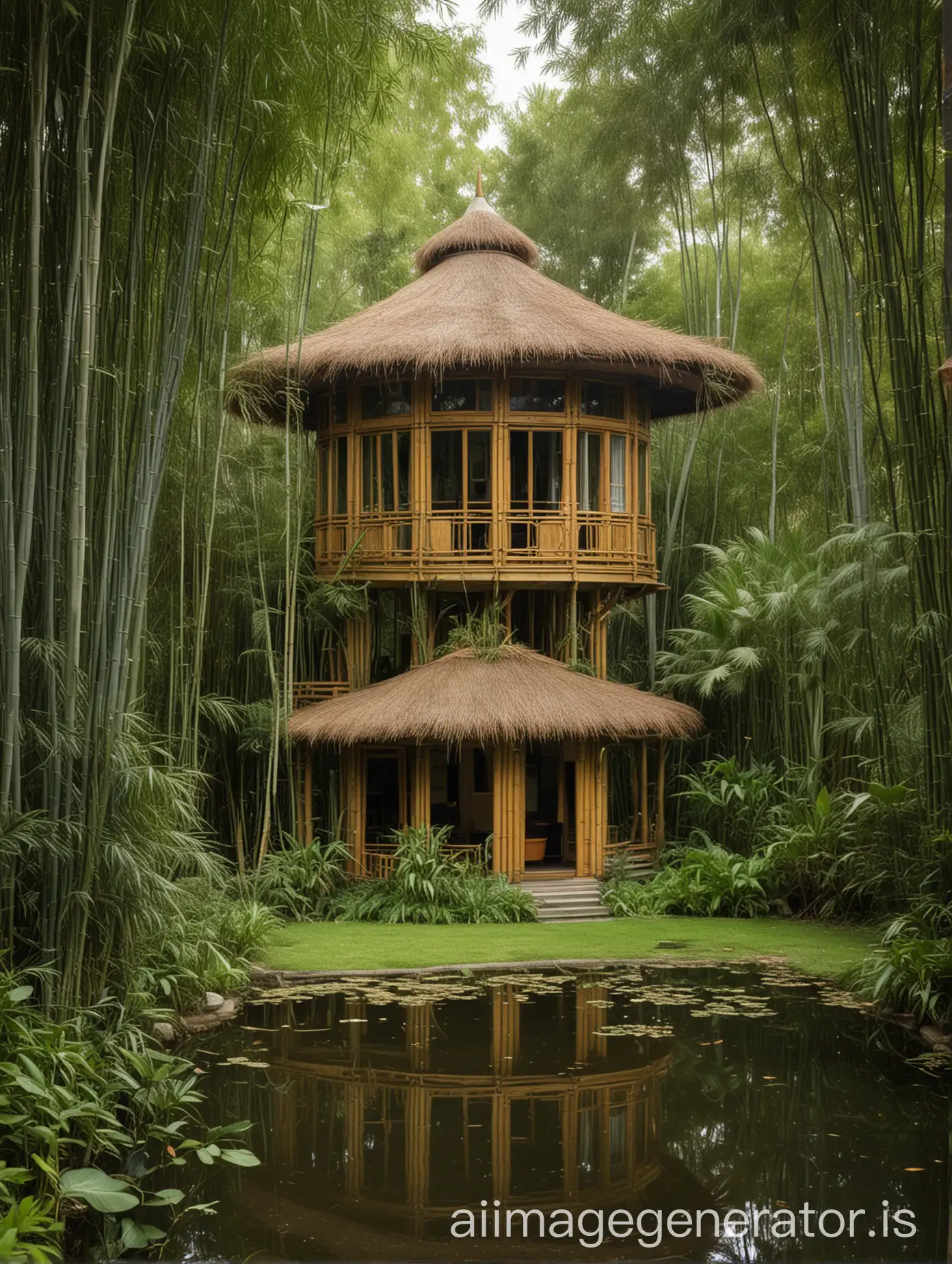

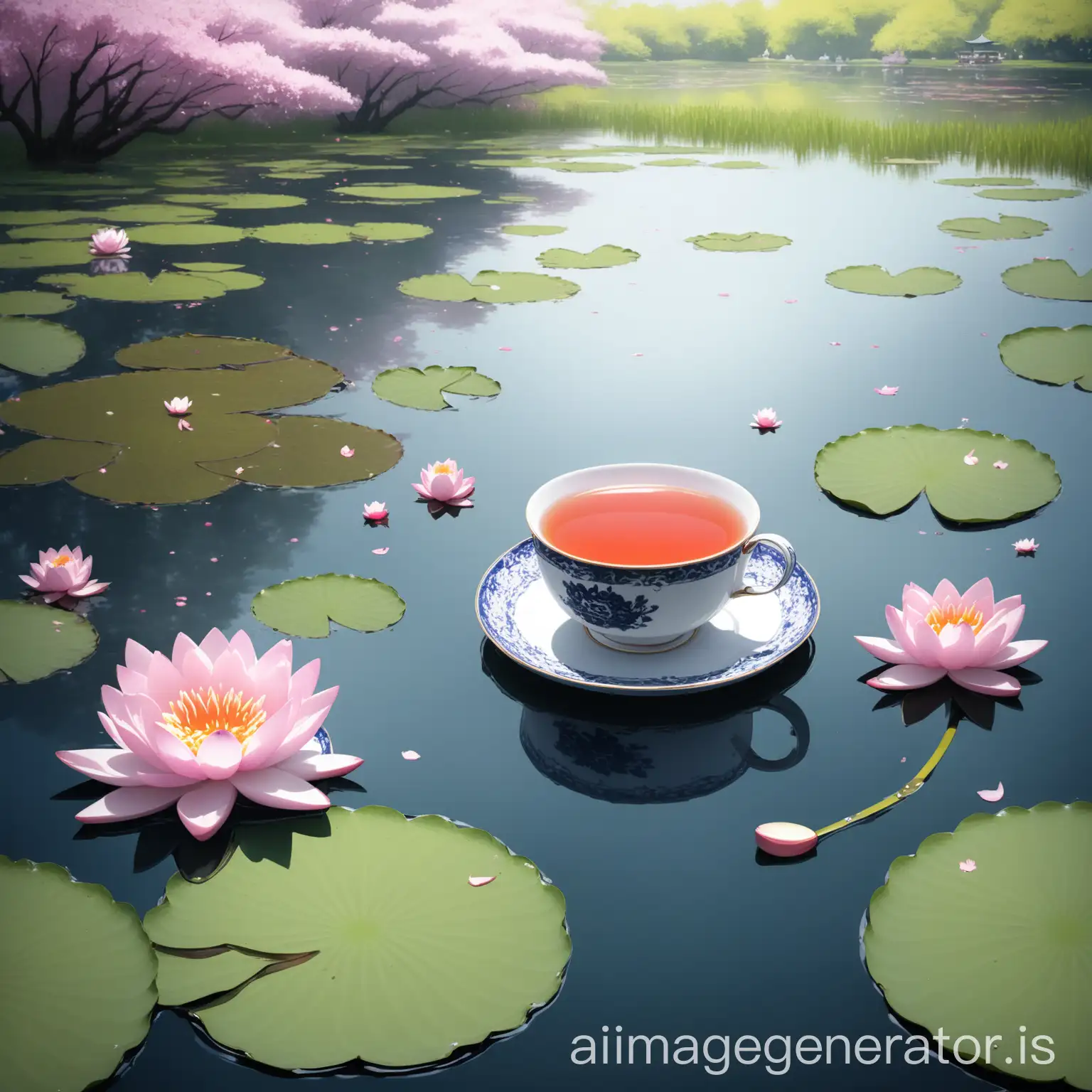
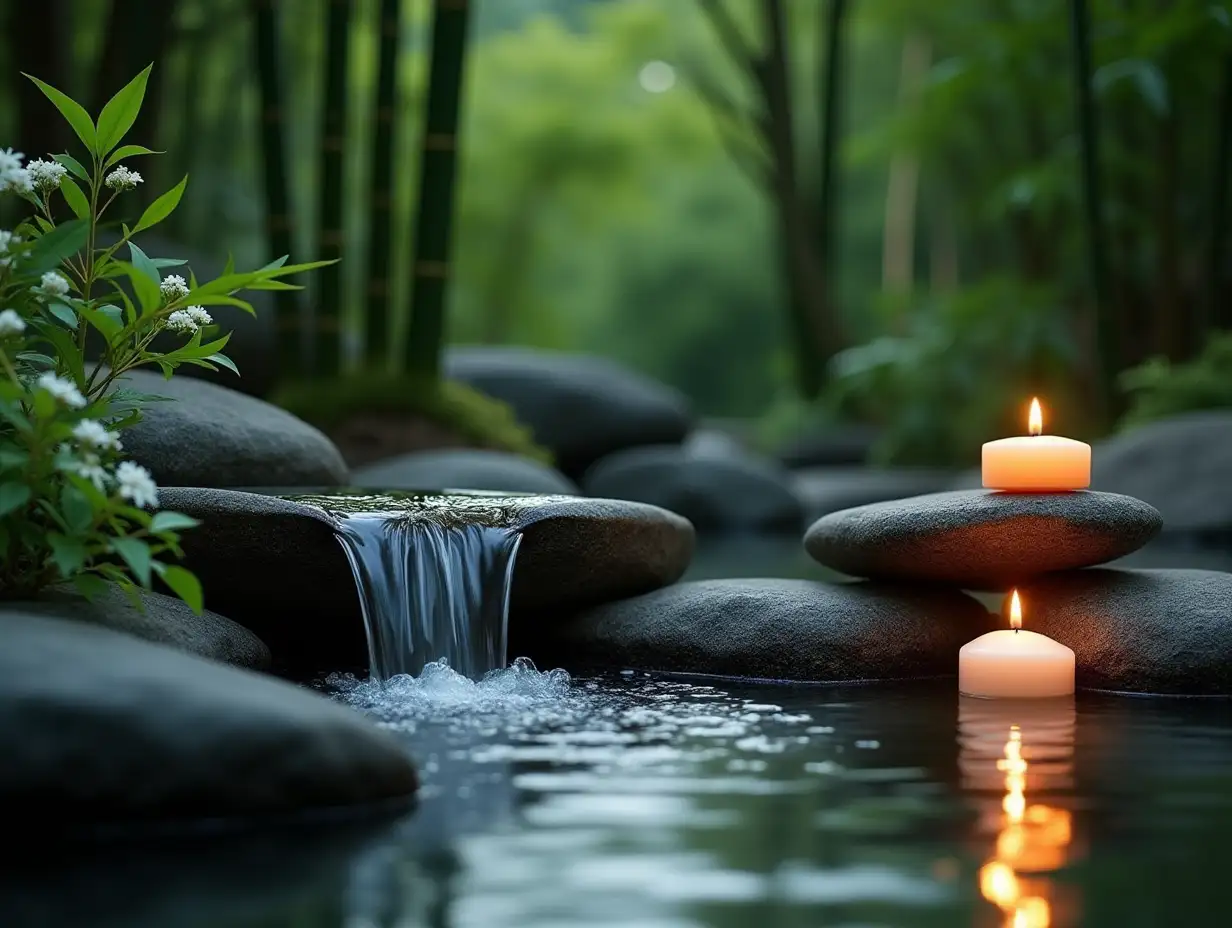

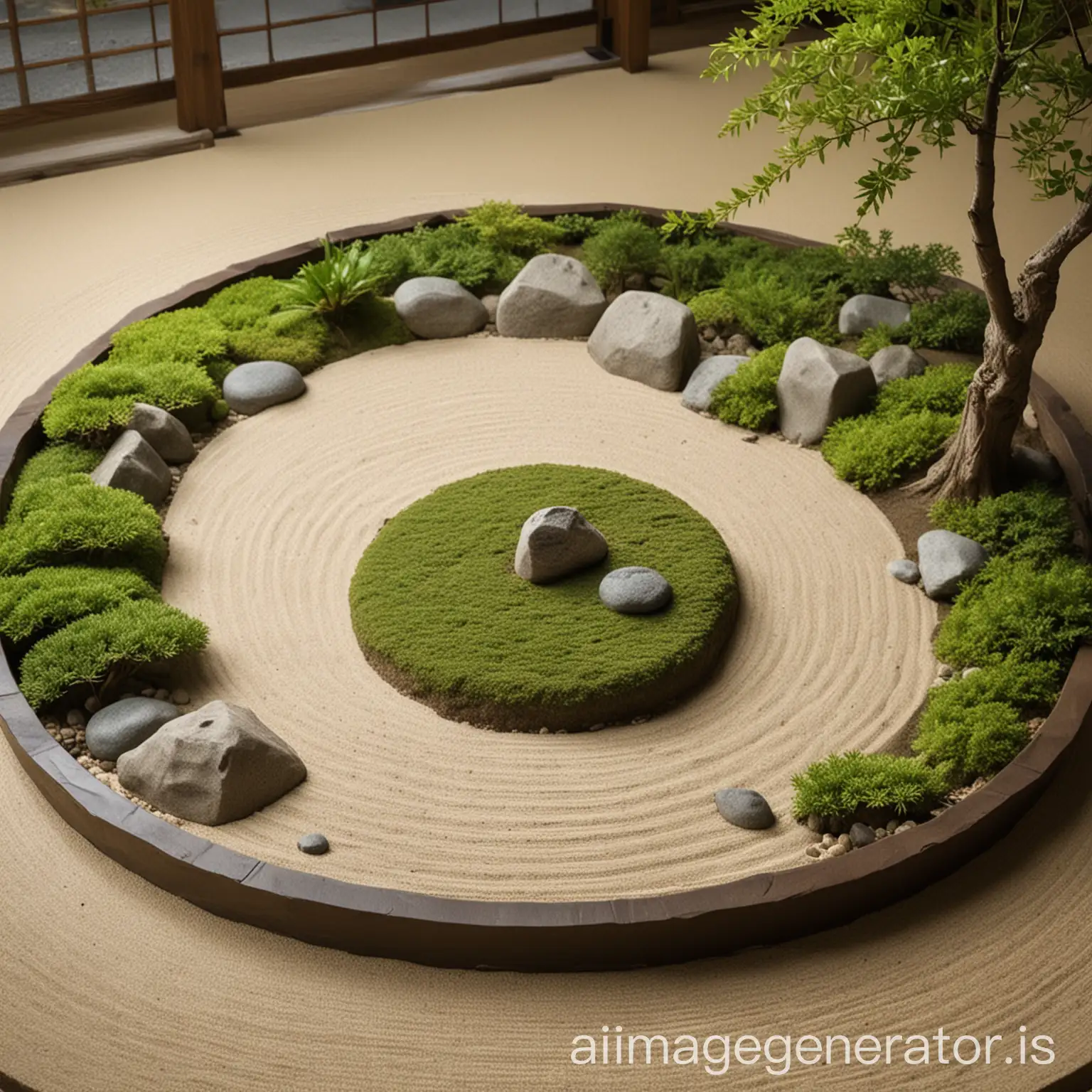
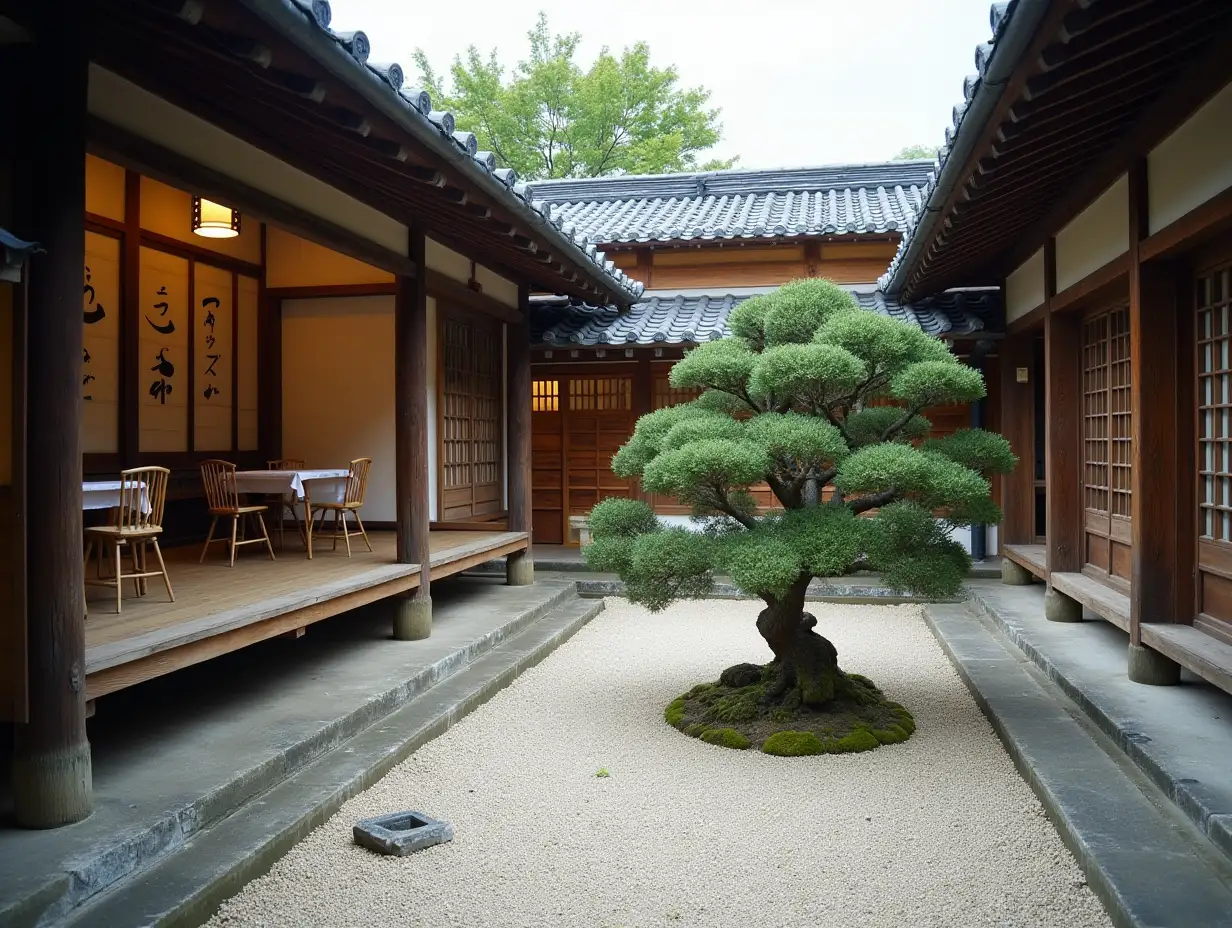


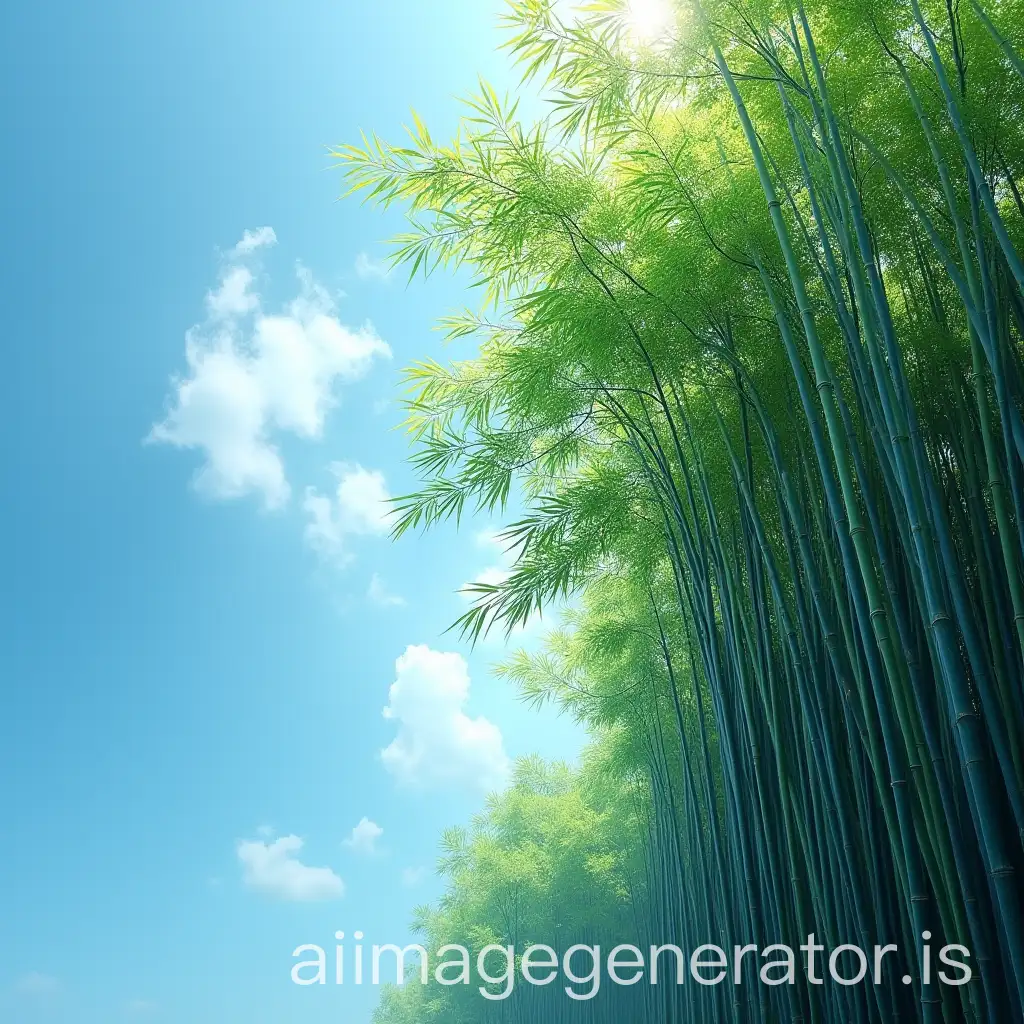
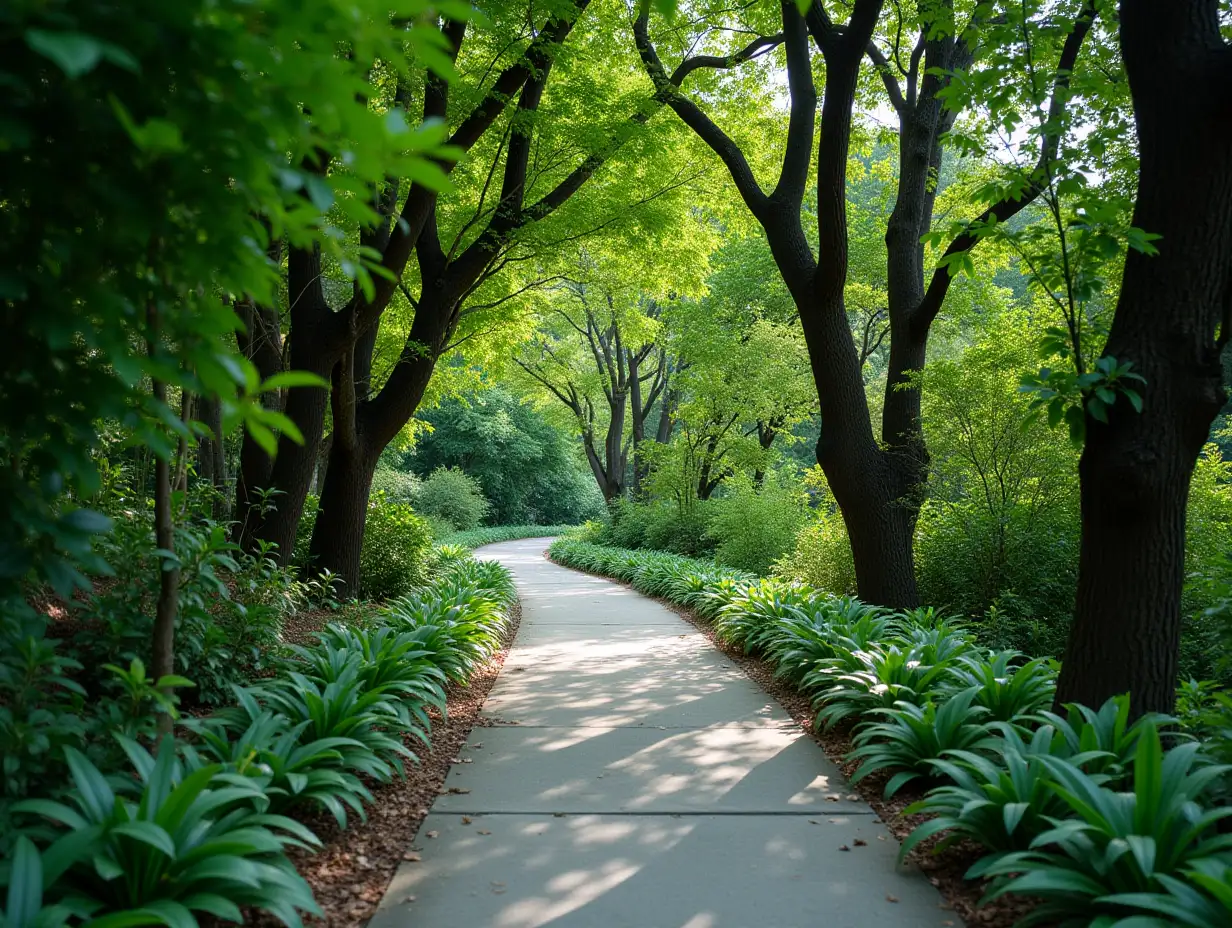
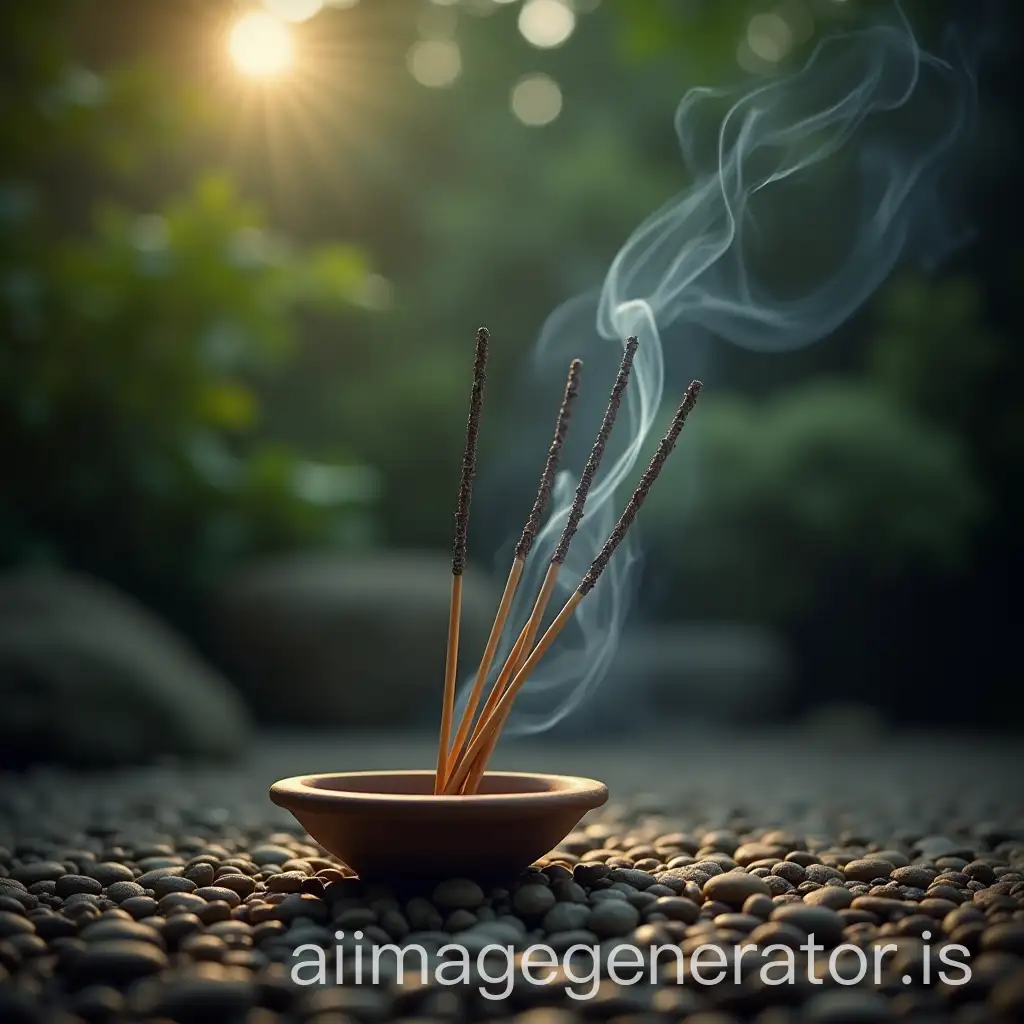

Related Tags
Zen gardens, also known as Japanese rock gardens or karesansui, are a distinctive type of garden that originated in Japan. These gardens are designed to imitate the essence of nature and provide a place for meditation. Key elements include sand or gravel that is raked to represent water, rocks that symbolize islands or mountains, and minimalistic plant arrangements. Zen gardens emphasize simplicity, balance, and tranquility, reflecting the core principles of Zen Buddhism.
Understanding Zen Gardens and Their Significance
The main characteristics of Zen gardens include their minimalist design, the use of natural elements, and the creation of a serene environment. These gardens often feature meticulously arranged rocks, carefully pruned trees and shrubs, and raked sand or gravel. Zen gardens are used in various settings to promote relaxation and meditation. They are commonly found in temples, but can also be created in private homes, public parks, and corporate environments to provide a calming and reflective space.
Key Characteristics and Applications of Zen Gardens
Zen gardens have influenced modern culture significantly, particularly in the realms of art, design, and wellness. Their aesthetic principles have inspired minimalist interior design trends and the creation of modern, contemplative spaces in urban environments. In the wellness industry, Zen gardens are used as tools for stress reduction and mental clarity. The practice of raking the sand, arranging the stones, and maintaining the garden can be a form of mindfulness, promoting mental well-being and a sense of peace.
Impact of Zen Gardens on Modern Culture
Creating a Zen garden can be a rewarding and meditative project. Start by selecting a tranquil location and defining the garden’s boundaries. Choose natural elements like sand, gravel, and rocks, and consider adding moss or small shrubs for a touch of greenery. Rake the sand or gravel into patterns to represent water, and arrange the rocks thoughtfully to mimic islands or mountains. Keep the design simple and balanced, reflecting the principles of Zen. Regular maintenance, such as raking and pruning, helps preserve the garden’s peaceful atmosphere.
Creating Your Own Zen Garden: Tips and Ideas